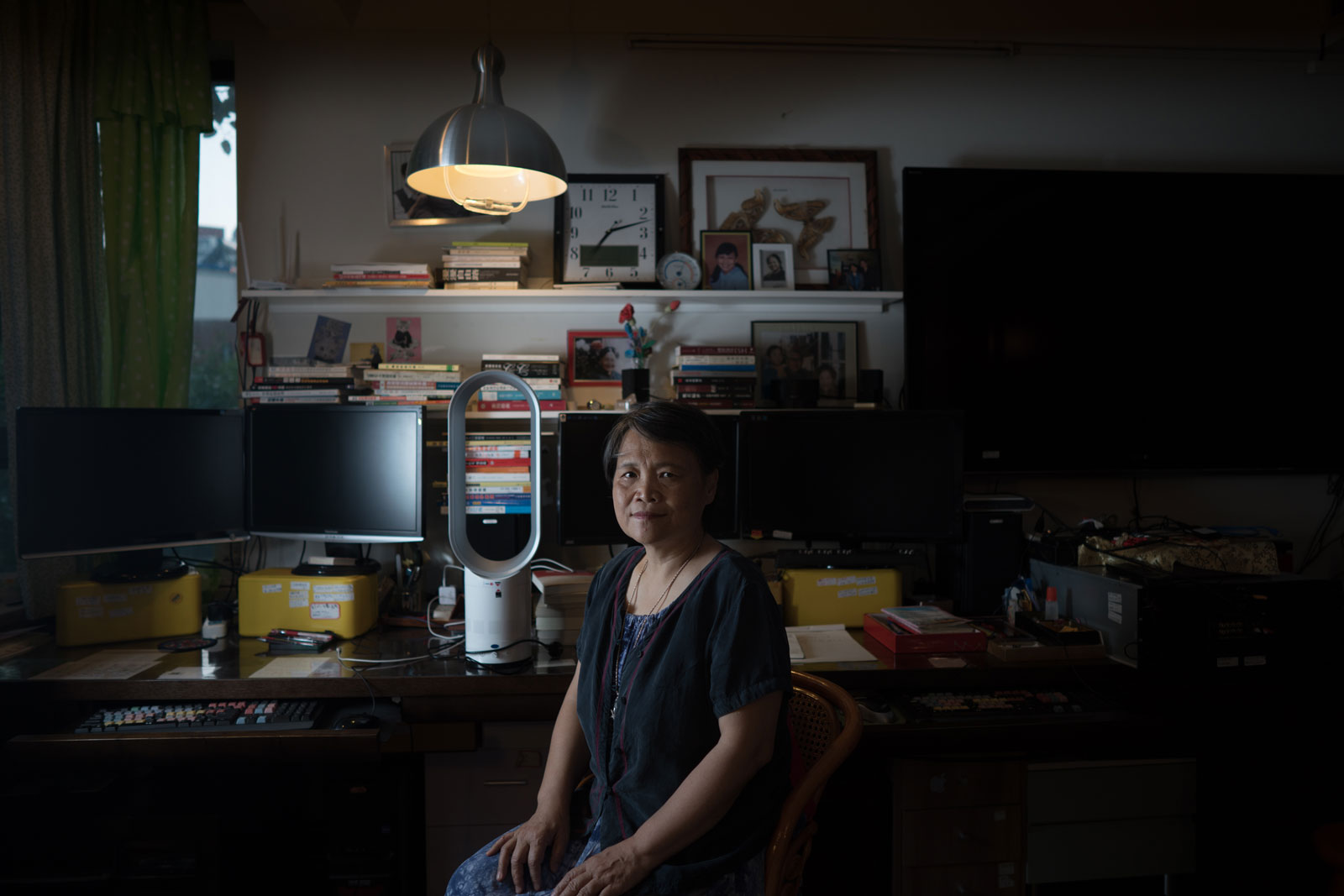At the blog of the New York Review of Books, Ian Johnson interviews Ai Xiaoming, a prominent Chinese documentary filmmaker and political activist. Ai discusses the difficulties of making socially engaged documentaries in China, stating that she makes her films mainly for the historical record rather than for contemporary audiences. She also explains how authoritarian societies corrupt their citizens, especially intellectuals. Read an excerpt from the interview below or the full text here.
Are there still public intellectuals in China?
The reputation of public intellectuals stinks.
I was about to call you one!
Has China ever had public intellectuals? I don’t think so. In the feudal era there was an educated class but it was to serve power. Then came the May 4th Movement [of 1919 that promoted science and democracy, and was part of a flowering of early twentieth-century intellectual life]. But few paid attention to the independence of intellectuals. And then China’s political environment deteriorated even further. The Communists established a government, and in the 1950s Mao declared intellectuals to be the stinking ninth class or as living as si ti bu qin, wu gu bu fen [unable to move your four limbs or distinguish the five crops—to live as a parasite]. So how can you talk of having public intellectuals? There were no intellectuals.
What about after the reform era?
This word intellectual is fashionable but what does it mean? They use it to describe anyone who’s literate. If you’re in a small county seat and you’ve got an elementary school degree, you’re an intellectual. And where are they? What have they done?
Well, there are people like yourself who speak up.
I think I’m an artist, but it’s hard to say if I’m an intellectual. I’m at the front. I’m on the Web. I pay attention to intellectuals’ discussions. But I don’t do research. I document.
And what do you see?
A lot of people have retreated from engaging with society. We lack people like Liu Xiaobo who walk straight ahead, or Xu Zhiyong. Right now, walking straight ahead means walking straight to jail. So many people have ended up there that others are disengaging. They’re not walking forward.
Intellectuals face a choice. One option is to break with this [ruling] power. We have to make a clear break. This is the only way to have a position of making a thorough judgment. The other choice is to superficially work with it. But what does this accomplish? The government has already detained so many people, and sent so many NGO leaders, weiquan rights-defenders, and lawyers to prison. In this situation, if you still believe the government’s words—that you can preserve some sort of positive interaction—then you are either lying or stupid. But I don’t think it’s a question of stupidity. It’s a lie.
Image of Ai Xiaoming via NY Review Daily.
